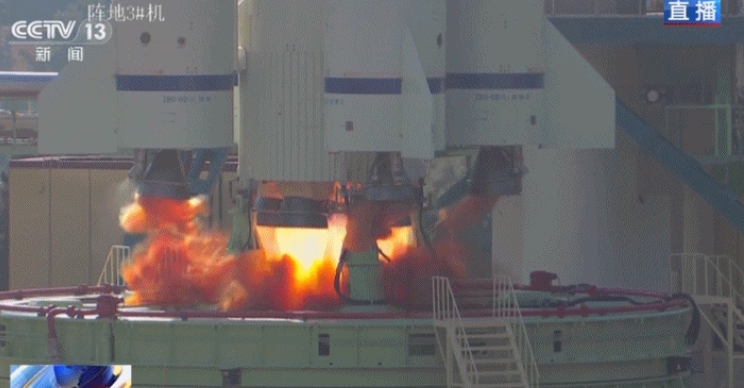China successfully launched the last pair of backup satellites for the BeiDou-3 Navigation Satellite System (BDS-3) on Thursday, marking a significant milestone in the nation’s space ambitions. The satellites, the 59th and 60th of the BeiDou family, were launched at 9:14 a.m. (Beijing Time) from the Xichang Satellite Launch Center in Sichuan Province aboard a Long March-3B rocket.
These medium Earth orbit (MEO) satellites will enhance the reliability of the system and improve global services such as positioning, navigation, timing, and short message communication. With 30 operational BDS-3 satellites in orbit, many designed for a 10-year lifespan, China is already planning to transition to the next-generation system, BDS-4, for further technological advancements.
A Global Navigation Powerhouse China’s BeiDou system has followed a three-step strategy: providing initial domestic services, expanding to the Asia-Pacific, and finally offering global services. With the completion of BDS-3 in 2020, China became the third country to develop an independent global navigation satellite system. The next goal is to create a more integrated and intelligent positioning system by 2035, covering everything from deep sea to space, ensuring enhanced reliability and security.
The Path Forward As part of future developments, China plans to build a low-orbit constellation by 2025 to provide centimeter-level positioning services worldwide. Key challenges such as navigation signal interference and the need for precise underwater, indoor, and deep-space navigation must be addressed to meet these goals.
Tags: BeiDou-3, China satellite launch, BDS-3, global navigation system, Long March-3B rocket, space technology, BDS-4 upgrade, satellite navigation, positioning services, deep space

